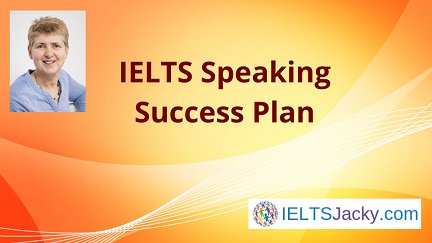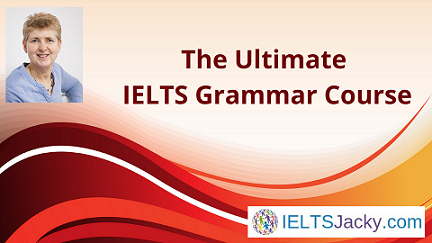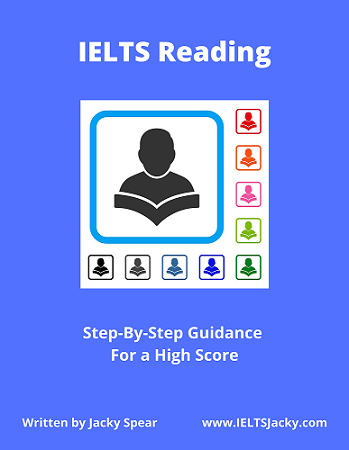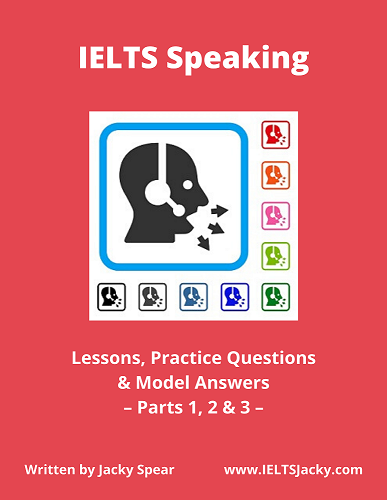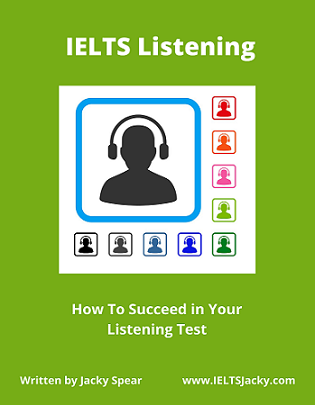How
to Plan & Write
IELTS Double Question Essays
IELTS double question essays
are also known as ‘direct question’ or ‘two questions’ essays. They are
distinguished by two characteristics:
- They have one statement with two different questions after it.
- The questions may or may not be linked.
Here are 3 examples:
1) Fossil fuels are essential for producing electricity, powering
industry and fueling transportation. However, one day we will reach a point
when all the world’s fossil fuels have been depleted.
How can we conserve these resources?
What are some alternatives to fossil fuels?
2) Some parents buy their children whatever they ask for, and allow their children to do whatever they want.
Is this a good way to raise children?
What consequences could this style of parenting have for children as they get older?
3) The arts, including art, music and theatre are considered to be important in society.
Do you think the arts still have a place amongst our modern lifestyles?
Should the arts be included in the school curriculum?
In this
lesson, I’m going to demonstrate step-by-step how to plan and write IELTS double
question essays.
Here’s what we’ll be covering:
- 3 Common mistakes
- Essay structure
Want to watch and listen to this lesson?
Click on this video.
Click the links to see lessons on each of these Task 2 essay writing topics.
Once you understand the process, practice on past questions. Take your time at first and gradually speed up until you can plan and write an essay of at least 250 words in the 40 minutes allowed in the exam.
3 Common Mistakes
These three errors are common in IELTS double question essays.
- Not answering both questions fully.
- Not outlining both answers in the introduction.
- Mistaking it for one of the other essay types.
Many students make the mistake of only answering one of the questions, or focusing more on one question than the other which leads to an unbalanced essay. Both these errors will seriously affect your score for task achievement.
You must outline everything you are going to write about in the introduction. This is your blueprint for the whole essay. I’ll show you how to do this and get your essay off to a great start.
It’s easy to mistake IELTS double question essays for one of the other four types of Task 2 essays, especially opinion or discussion essays. Each should be answered in a slightly different way.
Analysing the question properly is essential to avoiding this error. I’ll also show you how to do this and give you a simple 4 part structure for planning your essay.
Essay Structure
Let’s look at this essay structure straight away. You can use it to write any IELTS double question essay. It’s easy to learn and will enable you to quickly plan and write a high-level essay.
1) Introduction
- Paraphrase the question
- Outline sentence – state your answer to both questions
2) Main body paragraph 1 – Answer question 1
- Topic sentence – state your answer
- Explanation – develop the idea
- Example – give an example
3) Main body paragraph 2 – Answer question 2
- Topic sentence – state your answer
- Explanation – develop the idea
- Example – give an example
4) Conclusion Summarise both questions and answers
This structure will give us a well-balanced essay with 4 paragraphs.
We now need some ideas to add to the structure and we’ll have everything we need for our essay.
How To Plan IELTS Double Question Essays
Here’s the
question we’re going to be answering in our model essay followed by the 3 steps
of the planning process.
Fossil fuels are essential for producing electricity, powering industry and fueling transportation. However, one day we will reach a point when all the world’s fossil fuels have been depleted.
How can we conserve these resources?
What are some alternatives to fossil fuels?
- Analyse the question
- Generate ideas
- Identify vocabulary
# 1 Analyse the question
This is an essential step in the planning process and will ensure that you answer the question fully. It’s quick and easy to do. You just need to identify 3 different types of words:
- Topic words
- Other keywords
- Instruction words
Topics words are the ones that identify the general subject of the question and will be found in the statement part of the question.
Fossil fuels are essential for producing electricity, powering industry and fueling transportation. However, one day we will reach a point when all the world’s fossil fuels have been depleted.
So, this question is about ‘fossil fuels’.
Many people will do this first step of the process and then write about the topic in general. This is a serious mistake and leads to low marks for task achievement.
Now that we know what the general topic is, we need to understand exactly what aspect of fossil fuels we're being asked to write about.
The other keywords in the question tell you the specific things you must write about. For IELTS double question essays, these will often be in the instructions, that is, the actual questions.
Fossil fuels are essential for producing electricity, powering industry and fueling transportation. However, one day we will reach a point when all the world’s fossil fuels have been depleted.
How can we conserve these resources?
What are some alternatives to fossil fuels?
By highlighting these words, it’s easy to identify the topics. Your essay must only include ideas relevant to these ideas.
The instruction words are the questions themselves. These tell you exactly what type of information is required and each will become the topic for one of the two main body paragraphs.
How can we conserve these resources?
What are some alternatives to fossil fuels?
The first body paragraph will answer the first question (How?) and the second body paragraph will answer the second question (What?).
# 2 Generate ideas
The next task is to generate some ideas to write about.
There are several different ways to think up ideas. I cover them fully on the IELTS Essay Planning page.
We’re going to use the ‘friends technique’. This is the method I prefer as it allows you to take a step back from the stress of the exam situation and think more calmly.
Here’s how it works. Imagine that you are in a casual conversation with a friend over a cup of coffee and they ask you this question. What are the first thoughts to come into your head? Plan your essay around these ideas.
Doing this will help you to come up with simple answers in everyday language rather than straining your brain to think of amazing ideas using high-level language, which isn’t necessary.
You might want to try this yourself before reading on for my ideas.
Here are my ideas as I thought of them:
How can we conserve these resources?
- Become more energy conscious & more energy efficient
- Use more renewable energy sources – solar panels
- All new homes should be built with solar panels on
- Use car less – walk, cycle, public transport, only travel when really necessary
- Energy-efficient light bulbs
What are some alternatives to fossil fuels?
- Geothermal energy
Don’t spend long on this as
you only need one or two ideas.
There is so much to write about this topic that we have to be very careful we don’t try to include too many different ideas and just end up with a list for each question rather than a well-developed essay.
Choose one main idea for each part of the question. My advice on making your selection is to choose ideas that you can quickly think of examples for.
Here are my choices:
How
can we conserve these resources?
- Use car less – walk, cycle, public transport
What are some alternatives to
fossil fuels?
- Natural forces – solar & wind power, wave & tidal energy
We’re almost ready to start writing our IELTS double question essay but first, we have one other small task to do.
# 3 Vocabulary
During the planning stage, quickly jot down some vocabulary that comes to mind as you decide which ideas you are going to write about, especially synonyms of key words. This will save you having to stop and think of the right language while you’re writing.
For the ideas I’ve chosen, useful words will include:
- sustainable
- renewable energy
- energy-efficient
With that done, we can focus on the first paragraph of the essay – the introduction.
How To Write an Introduction
The best introductions
to IELTS double question essays have a simple 2 part structure:
1) Paraphrase the question
2) Outline sentence – state your answer to both questions
It should:
- Have 2-3 sentences
- Be 40-60 words long
- Take 5 minutes to write
1) Paraphrase the question
Start your introduction by
paraphrasing the statement part of the question.
Question statement:
Fossil fuels are essential
for producing electricity, powering industry and fueling transportation.
However, one day we will reach a point when all the world’s fossil fuels have
been depleted.
Paraphrased question:
The world is currently reliant on oil, coal and natural gas for the majority of its energy requirements but there will come a time when these run out.
We are simply saying the same thing in a
different way and using different vocabulary.
2) Outline statement
Now we need to
add an outline statement where we outline the two main points
that we’ll cover in the rest of the essay, that is, the answers to the two
questions.
We need to be very specific about what we are going to write about.
Here's a reminder of the ideas I’ve chosen to answer the two questions:
How
can we conserve these resources?
- Use car less – walk, cycle, public transport
What are some alternatives to fossil fuels?
- Natural forces –solar & wind power, wave & tidal energy
Outline statement:
This essay will discuss how we can help to prevent our non-renewable resources from becoming depleted by using our cars less frequently and it will name some natural forces that can be harnessed to generate power.
Note my use of
synonyms to replace key words in the question. You don’t have to
replace every key word but do so where possible whilst ensuring that your
language sounds natural.
So, let’s bring the two elements of our introduction together.
Introduction

This introduction achieves three important functions:
- It shows the examiner that you understand the question.
- It acts as a guide to the examiner as to what your essay is about.
- It also helps to keep you focused and on track as you write.
The two ideas in your introduction will become your two main body paragraphs.
Main body paragraph 1 – Use car less – walk, cycle,
public transport
Main body paragraph 2 – Renewable energy / natural forces – solar & wind power, wave & tidal energy
How To Write Main Body Paragraphs
Main body paragraphs in
IELTS double question essays should contain 3 things:
- Topic sentence – state your answer
- Explanation – develop the idea
- Example – give an example
Main Body Paragraph 1 – Answer question 1
The topic
sentence summarises the main idea of the paragraph. That’s all it
needs to do so it doesn’t have to be complicated.
It plays an important role in ensuring that your ideas flow logically from one to another. It does this by acting as a signpost for what is to come next, that is, what the paragraph will be about.
If you maintain a clear development of ideas throughout your essay, you will get high marks for task achievement and cohesion and coherence.
We’ll now take the idea for our first main body paragraph and create our topic sentence.
Main body paragraph 1 – Use car less – walk, cycle, public transport, only travel when really necessary
Topic sentence:
Conserving energy is a
responsibility of every individual and an important way in which we can all do
our bit is to use more energy-efficient means of transport.
Next, we must
write an explanation sentence that develops the idea.
Explanation sentence:
The easiest way to do this is to leave the car at home and walk or cycle to our destination if it isn’t too far away, or take public transport for longer journeys. Another way to reduce our fuel consumption is to car share.
Finally, we add an example to support our main point. If you can’t think of a real example, it’s fine to make one up, as long as it’s believable. The examiner isn’t going to check your facts. Alternative, you could add another piece of information to support your idea but an example is better.
Example sentence:
Whenever my friends and I get together for coffee, we agree to meet up at a café that we can each get to without having to drive our cars there. We usually go on foot or ride our bikes. If everyone made small decisions like this, it would make a real difference.
That’s the 3 parts of our first main body paragraph complete. Here’s the finished paragraph.

We now follow the same process for our second main body paragraph.
Main Body Paragraph 2 – Answer question 2
Again, we’ll now take the idea I’ve chosen for this paragraph and create our topic sentence.
Main body paragraph 2 – Renewable energy / natural forces – solar & wind power, wave & tidal energy
Topic sentence:
The most sustainable alternatives to fossil fuels are the generation of power from natural forces such as the sun, wind and oceans.
Now for the explanation where we expand on this idea.
Explanation sentence:
Solar and wind power are already widely used across the world but it is wave power and tidal energy that have the greatest untapped potential to provide for our energy needs in the future.
Finally, an example to support our main point.
Example sentence:
A report recently commissioned in the United Kingdom estimates that tidal energy could meet as much as 20% of the UK’s current electricity demands once the technology being developed is operational. Wave energy converters are expected to prove equally successful in the long-term.
That’s the 3 parts of our second main body paragraph complete. Here’s the finished paragraph.

Now we need a conclusion and our IELTS double question essay is done.
How To Write a Conclusion
The conclusion is a summary
of the main points in your essay and can often be done in a single sentence. It
should never introduce new ideas.
If you're below the minimum 250 words after you’ve written your conclusion, you can add a prediction or recommendation statement.
Our essay is already over the minimum word limit so we don’t need this extra sentence but you can learn more about how to write a prediction or recommendation statement for IELTS double question essays on the Task 2 Conclusions page.
The conclusion is the easiest sentence in the essay to write but one of the most important.
A good conclusion to an IELTS double question essay will:
- Neatly end the essay
- Link all your ideas together
- Sum up your argument or opinion
- Answer the question
If you achieve this, you’ll improve your score for both task achievement and cohesion and coherence which together make up 50% of the overall marks. Without a conclusion, you’ll score below band 6 for task achievement.
You can start almost any final paragraph of an IELTS double question essay with the words:
- In conclusion
or
- To conclude
Now all you need to do is briefly summarise the main ideas into one or two sentences.
Here’s a top tip. Go back and read the introduction to the essay because this is also a summary of the essay. It outlines what you are going to write about.
To create a great conclusion, you simply have to paraphrase the introduction.
Introduction:

Here is the same information formed into a conclusion:

That’s it. We’ve completed our essay. Here it is with the 4 paragraphs put together.
Question:
Fossil fuels are essential for producing electricity, powering industry and fueling transportation. However, one day we will reach a point when all the world’s fossil fuels have been depleted.
How can we conserve these resources?
What are some alternatives to fossil fuels?
Finished IELTS double question essay.
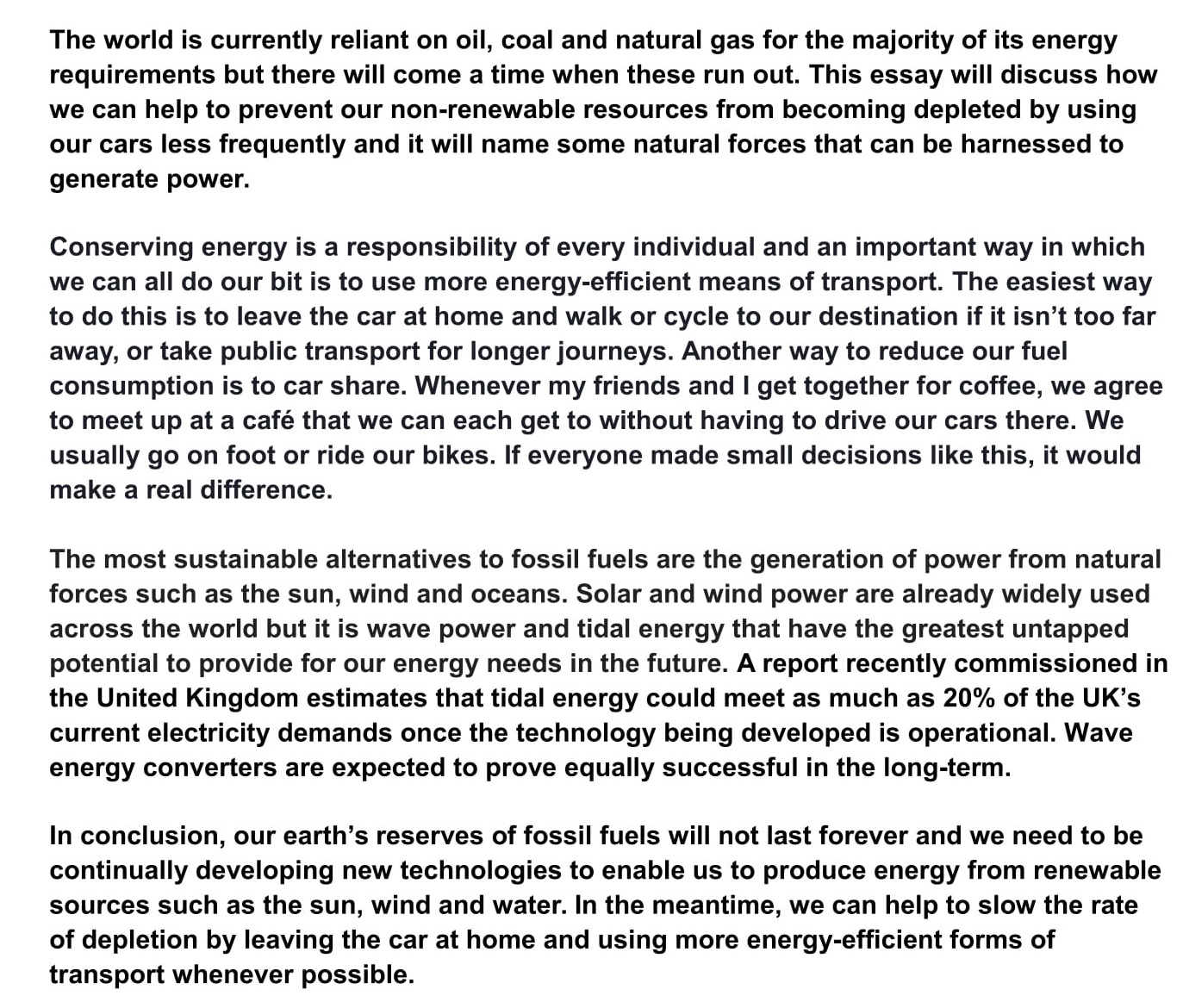
(351 words)
Go through this lesson as many times as you need to in order to fully understand it and put in lots of practice writing IELTS double question essays from past exam questions. Practice is the only way to improve your skills.
Like this page?
More Help With IELTS Double Question Essays
& Other Task 2 Essays
Task 2:
IELTS Writing Task 2 – The format, the 5 question types, the 5 step essay writing strategy & sample questions. All the key information you need to know.
The 5 Types of Task 2 Essay – How to recognise the 5 different types of Task 2 essays. 15 sample questions to study and a simple planning structure for each essay type.
Understanding Task 2 Questions – How to quickly and easily analyse and understand IELTS Writing Task 2 questions.
How To Plan a Task 2 Essay – Discover why essay planning is essential & learn a simple 4 step strategy, the 4 part essay structure & 4 methods of generating ideas.
How To Write a Task 2 Introduction – Find out why a good introduction is essential. Learn how to write one using a simple 3 part strategy & discover 4 common mistakes to avoid.
How To Write Task 2 Main Body Paragraphs – Learn the simple 3 part structure for writing great main body paragraphs and also, 3 common mistakes to avoid.
How To Write Task 2 Conclusions – Learn the easy way to write the perfect conclusion for a Task 2 essay. Also discover 4 common mistakes to avoid.
Task 2 Marking Criteria – Find out how to meet the marking criteria in Task 2. See examples of good and poor answers & learn some common mistakes to avoid.
The 5 Task 2 Essay Types:
Step-by-step instructions on how to plan & write high-level essays. Model answers & common mistakes to avoid.
Advantages & Disadvantages Essays
Other Related Pages
IELTS Writing Test – Understand the format & marking criteria, know what skills are assessed & learn the difference between the Academic & General writing tests.



